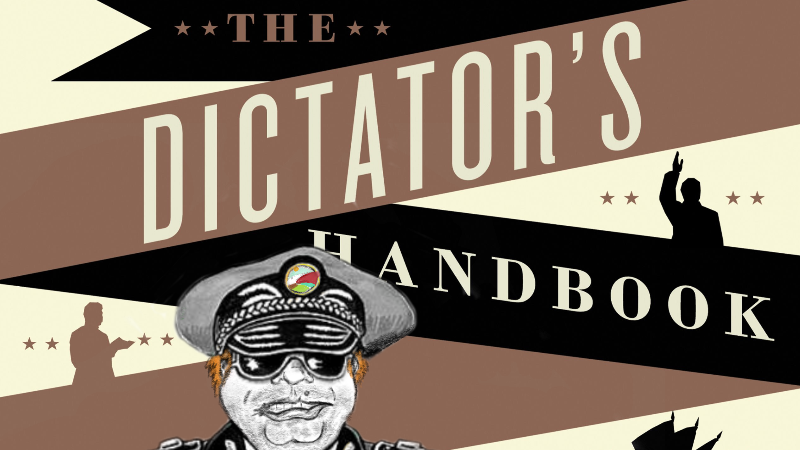Another day, another scandal. An attempt by government to explain how a tender mutated into a direct order leaves us reeling in horror at the apparent ease with which public funds can be manipulated to grease palms.
While some of us may still feel shocked by what we read on a daily basis, certainly none of us are surprised. From Donald Trump’s twitter-feed presidency to our very own corrupt politicians and their enablers, we now inhabit a world where we admire the strongman and scorn liberal democratic values.
We have accepted that Russia’s Vladimir Putin, Turkey’s Recep Tayyip Erdoğan, China’s Xi Jinping, Syria’s Bashar al-Assad and their ilk are here to stay despite their atrocious behaviour. So much so that genuinely democratic leaders are even forced to make deals with them thus granting them legitimacy.
How do they do it? How are rulers like Putin and Erdoğan still in power after so many years? How is it that despite the scandals surrounding the Trump presidency, he remains popular? How did the Labour party go on to win the 2017 elections despite months of high profile corruption revelations dating back years?
Why were mild mannered, relatively scandal-free politicians like Alfred Sant, Lawrence Gonzi and Simon Busuttil plagued by mutinous members within their own Party that cost them so dearly?
Political scientists Bruce Bueno de Mesquita and Alastair Smith are here to make sense of what appear to be the illogical consequences of the political bad behaviour we have become accustomed to. In their book entitled The Dictator’s Handbook they aim to untangle the reasoning about how, and the processes by which, people are governed in both dictatorships and democracies.
Too busy to read a whole book about bad politicians? No problem, The Shift has got you covered. Welcome to the weekly instalment of The Dictator’s Handbook guide. The structure of the book is simple. The first chapter is dedicated to outlining the fundamental elements of governing with all the following chapters looking into a specific aspect of politics.
Every Wednesday, The Shift will explore these aspects and synthesise them to include examples of recent, relatable local political events, where of course there is no shortage of outrageous behaviour.
Be warned, however, that this is not an exercise in hope and altruism. It will soon become evident that those two concepts are in short supply where politics is concerned.
The authors have also no intention of telling us how politics should be – that can be reserved for university lectures and dinner table discussions. They explain how politics is.
Why undertake such a thankless job? Well, because it’s our duty to inform you, and as the authors themselves so aptly put it:
“Knowing how and why things are as they are is a first crucial step toward learning how to make them better”.
You’re welcome.
Note to our readers: #1 in the series will be published on Wednesday.












